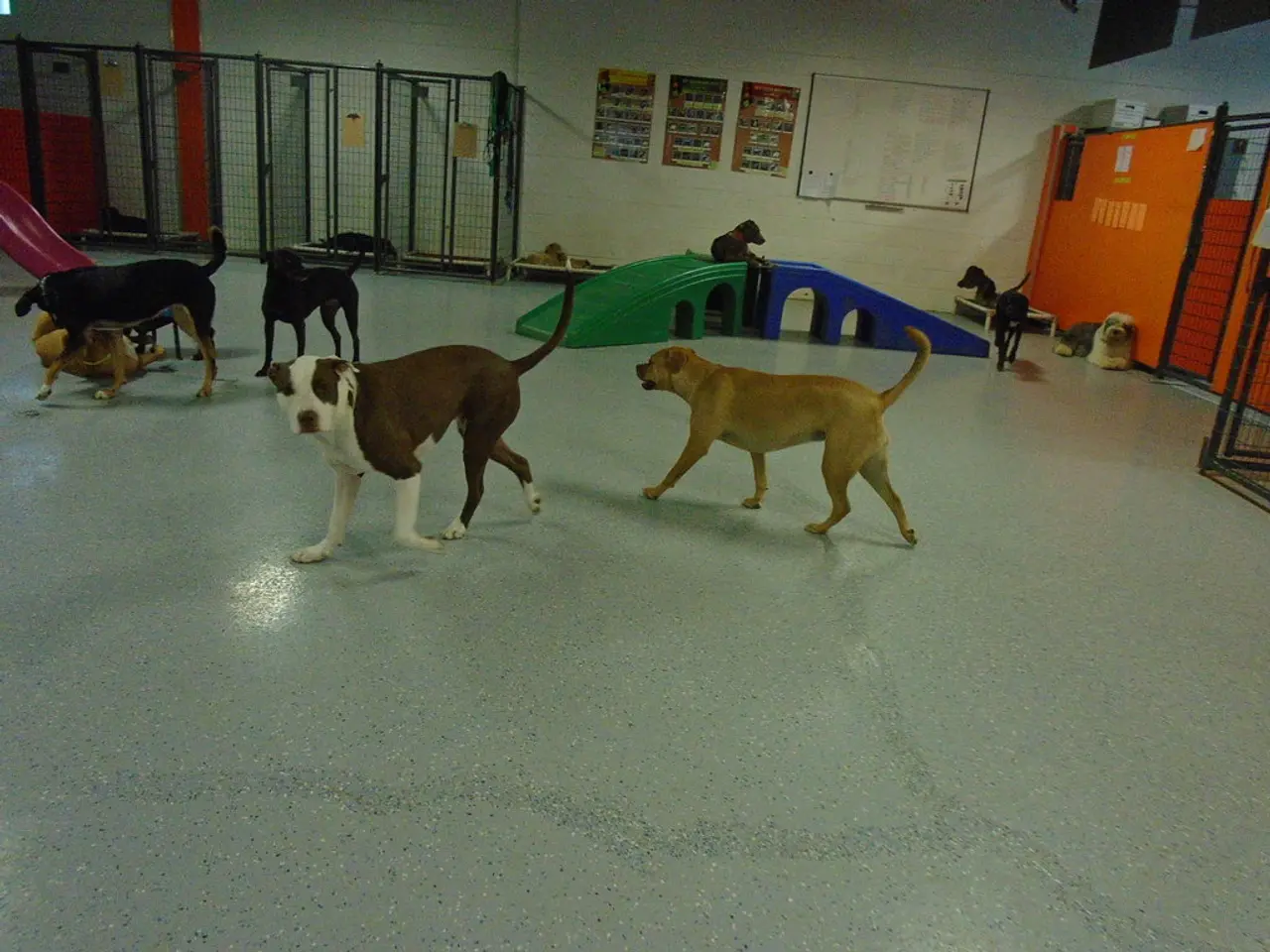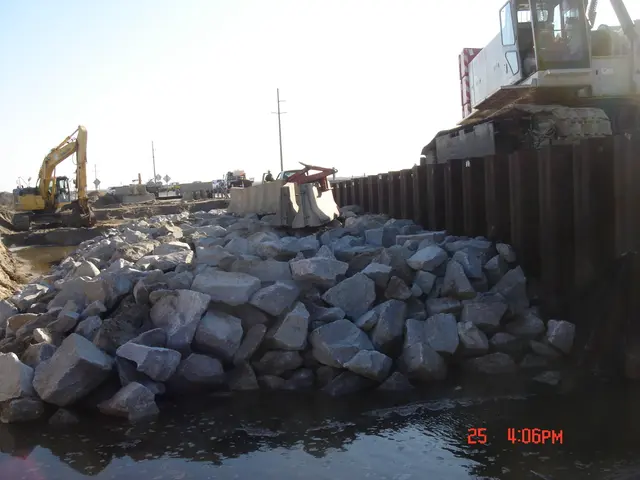Last year, not a single fine was levied for dog fouling in 14 different local government zones.
In a recent survey conducted by Vision Ireland, part of the National Council for the Blind of Ireland, it was revealed that 42% of blind or vision-impaired individuals frequently encounter dog waste in public spaces. This issue, coupled with illegally parked cars, presents significant challenges for those navigating these areas.
The data provided by local authorities to Vision Ireland showed that 14 councils in the State did not issue any fines for dog fouling last year. Notably, none were issued in Co Roscommon, and John Hurley, a Social Democrats councillor in Dún Laoghaire-Rathdown, which also issued no fines, mentioned that it is almost impossible for councils to fine people over it due to "the way the system is set up".
The highest number of dog fouling fines (11) were issued in the Cork County Council area, with Cavan County Council and Fingal County Council each issuing six. On the other hand, a 5% decrease in the number of fines issued to motorists last year was recorded for parking on footpaths, with the highest number (4,703) in the Dublin City Council area.
Kevin Kelly, head of policy and external affairs at Vision Ireland, expressed concern about the health and hygiene issues around dog waste and the dangers posed by illegally parked cars. He stated that it is unacceptable for people who are blind or vision impaired to "put themselves in danger" when forced to avoid illegally parked cars.
One respondent to the survey stated that dog fouling gets on their cane and shoes, and it would be easier if dog owners picked up after their dogs. Another respondent said they tripped over a protruding kerb while trying to avoid a parked car and injured themselves.
Mr. Hurley suggested establishing a system that uses DNA sampling on dog faeces to "track down the actual dog" and issue their owner a fine. Fines alone are not the answer, according to Kevin Kelly, and he urged the public to be more considerate of the needs of everyone who uses shared spaces.
The survey findings were collected as part of Vision Ireland's Clear Our Paths campaign, which aims to raise awareness of the everyday obstacles faced by blind and vision-impaired people. Local authorities in the following areas did not issue any dog fouling fines: Carlow, Cork city, Donegal, Dublin city, Dún Laoghaire-Rathdown, Kilkenny, Leitrim, Longford, Mayo, Offaly, Tipperary, Sligo, Westmeath, and Wexford.
More than a quarter of survey respondents identified parked cars as the number one obstacle when navigating footpaths. Some 71% of respondents said cars parked on footpaths frequently block their routes. As such, it is clear that more needs to be done to ensure the safety and accessibility of public spaces for all members of our community.








